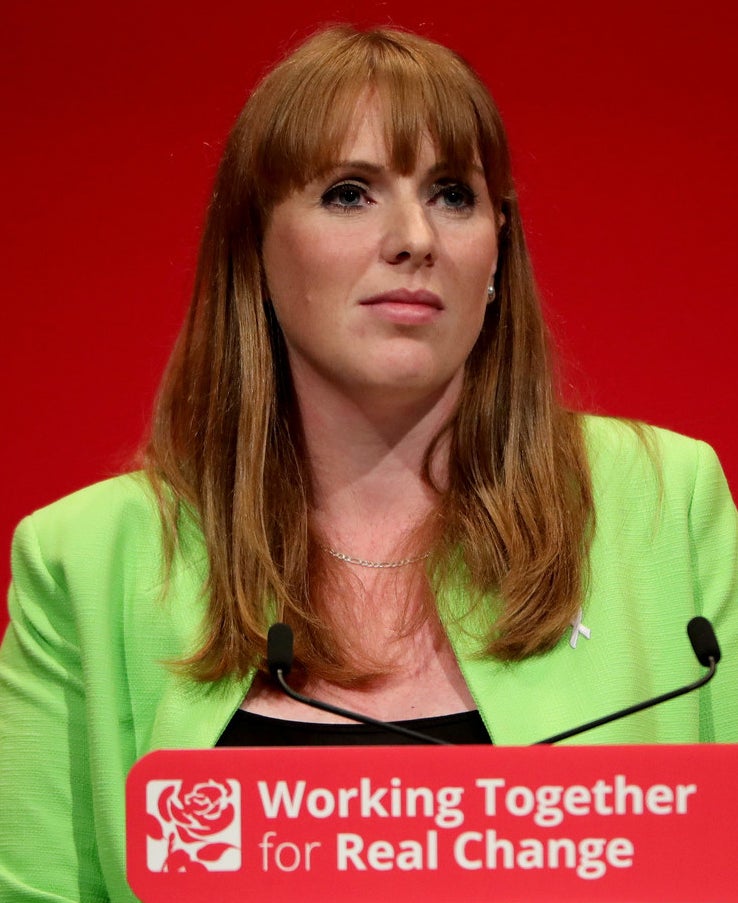
Future EU students at universities in England will no longer have the right to pay the same tuition fees as home students, in highly controversial plans being drawn up by the government.
BuzzFeed News has learned that Education Secretary Damian Hinds is proposing to withdraw home fee status and financial support from EU students starting courses in the 2021–22 academic year, whether Britain leaves the union with a deal or without one.
The plan would see new EU students charged the significantly higher fees currently paid by international students from non-EU countries.
The proposals, which are not finalised, will ignite a Cabinet debate about whether Theresa May is effectively seeking to crack down on the number of foreign students at English universities, and the message it sends about her government’s vision of post-Brexit Britain. Cabinet ministers and even some education ministers are likely to oppose the plans.
May has previously clashed with colleagues over her insistence that foreign students be included in immigration figures. Former chancellor George Osborne has said that May was the only senior minister in David Cameron’s government to believe that students should be included in the numbers.
At present, EU students studying at English universities pay the same tuition fees as English students.
Last year, the government guaranteed home fee status for new EU students starting courses in 2019–20, with Hinds saying he wanted to give “clarity and certainty” to the first intake of European students post-Brexit. The Scottish government has guaranteed home fee status for EU students starting courses this year and also in 2020–21.

BuzzFeed News can reveal that Tory ministers are now looking to withdraw home fee status for EU students starting courses in England beyond 2021, in changes that are likely to have a significant impact on student numbers, universities’ finances, and the fees charged to future UK students studying at universities in Europe.
The proposals will also apply to access to further-education courses and apprenticeships. Irish students will be exempt from the changes and will continue to have home fee status.
The Department for Education (DfE) said the government would “provide sufficient notice for prospective EU students on fee arrangements”.
But Labour’s shadow education secretary, Angela Rayner, told BuzzFeed News that the Tories had “refused to recognise the vital contribution made by international students” and were “failing to support our world-leading universities”.
Ministers at the DfE and officials in Downing Street believe that the taxpayer subsidy currently given to EU students is no longer justified after Brexit.
While the UK is a member of the EU and maintains freedom of movement, it makes sense to afford EU students home fee status because they are likely to stay in the UK, pay taxes, and contribute to the economy after they have finished their studies, ministers have argued.
But they say that when the UK leaves the EU, either with or without a deal, EU students will be subject to new immigration rules, meaning they are less likely to stay and work in the UK, and less likely to repay their student loans. This means that there is no longer a case for offering home fee status and financial support, ministers say.
There are currently 135,000 EU students studying in the UK, and universities fear that charging future EU students higher fees will turn them away from applying for courses here.
Tuition fees for international students vary, with undergraduates paying between £10,000 and £38,000 per year.
Data collected from Russell Group universities found that there had already been a 3% decrease in the number of EU students enrolling in courses in the academic year 2018–19. There was a 9% decrease in the number of EU postgraduate research students.
There are also around 15,000 UK students studying at universities across the EU, and the move means that Britons will likely have to pay more for courses in Europe in the future. The timing is also likely to raise tensions with Brussels at a key stage of the UK's withdrawal from the EU.

Rayner told BuzzFeed News, “Tens of thousands of EU students in our universities would see their tuition fees skyrocket if this government withdraws home fee status from them after Brexit.
“Time and time again, Tory ministers have refused to recognise the vital contribution made by international students, particularly from the EU, in our universities. From targeting students in their migration target to leaving the future of Erasmus+ and Horizon 2020 in doubt, they are failing to support our world-leading universities," she continued.
Labour MP and Best for Britain supporter Jo Stevens said, “I don’t know how Hinds can pretend to want to give EU students clarity and certainty for their studies, then draw up plans to make their education here much more expensive.
“If we’re trying to tell the world there can be a post-Brexit global Britain, this sends out all the wrong messages,” she said. “This move will also rob British students of an affordable education abroad. We forget all too often this is a two-way street.”
A DfE spokesperson said: “Students from the EU make an important contribution to the universities sector, and it is a testament to our system that so many students from abroad choose to come and study here.
“Last year, we announced that students from the European Union starting courses in England in the 2019–20 academic year will continue to be eligible for ‘home fee status’, which means they will be charged the same tuition fees as UK students.
“The government will provide sufficient notice for prospective EU students on fee arrangements ahead of the 2020/2021 academic year and subsequent years in the future.”
